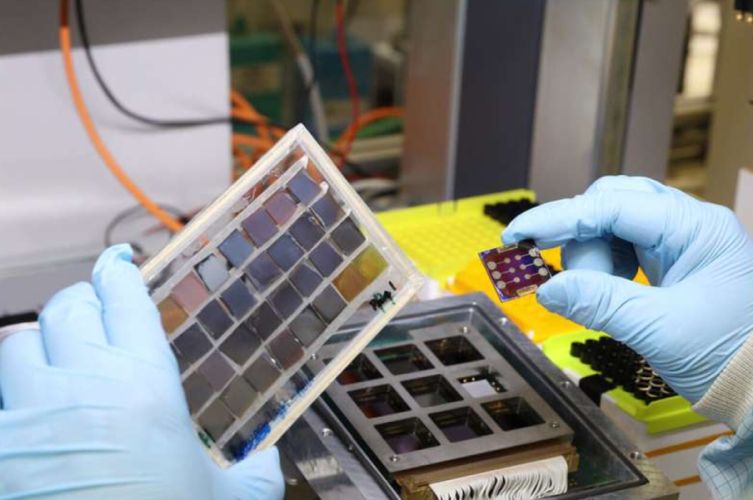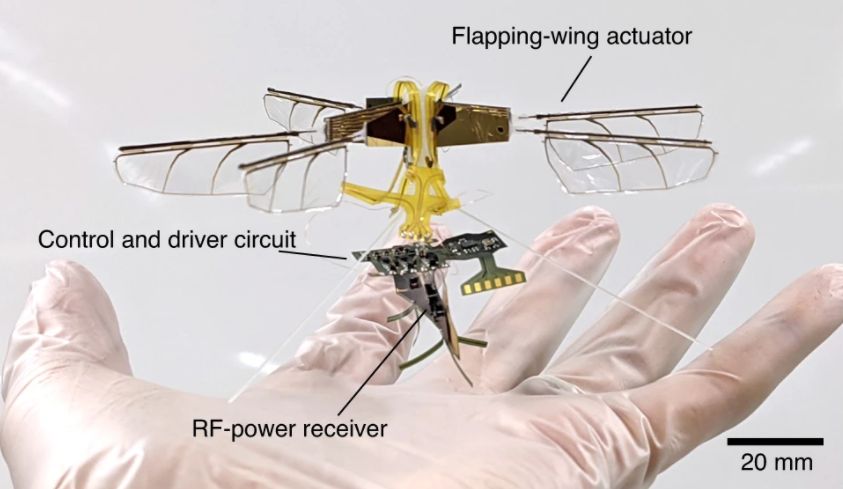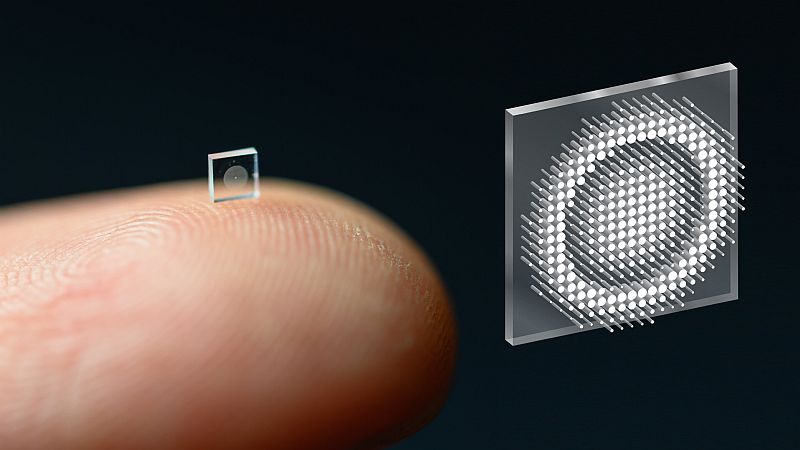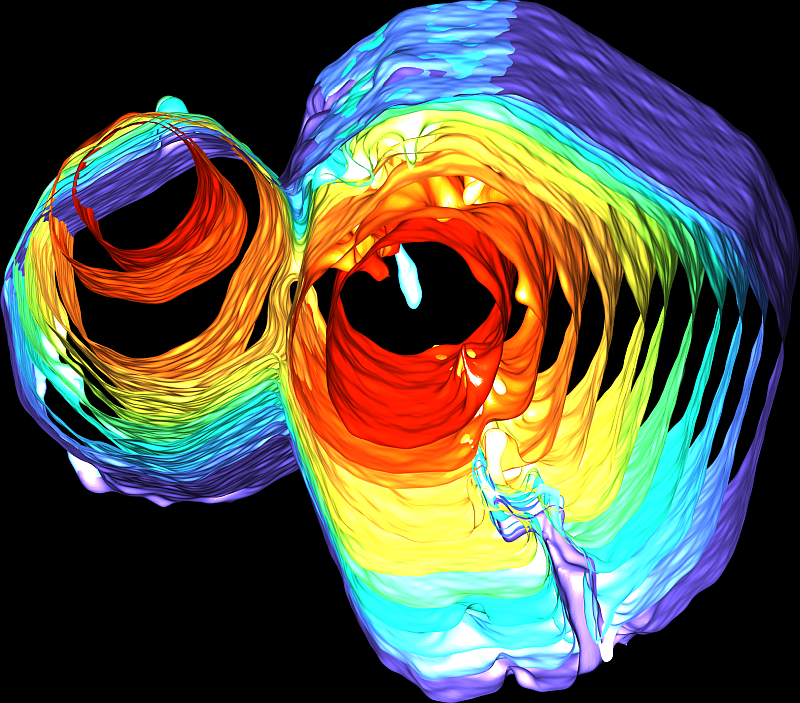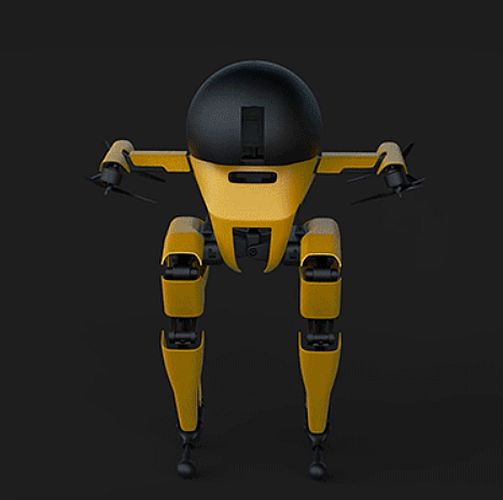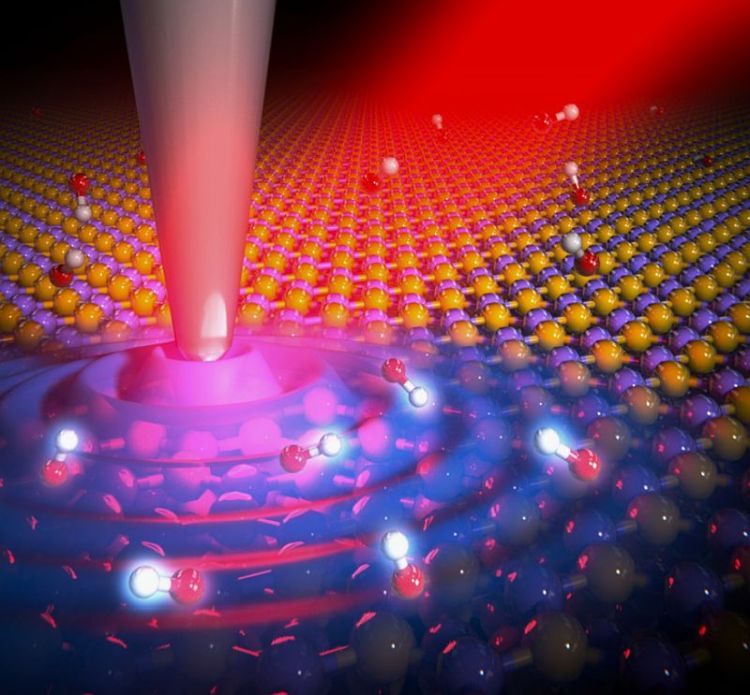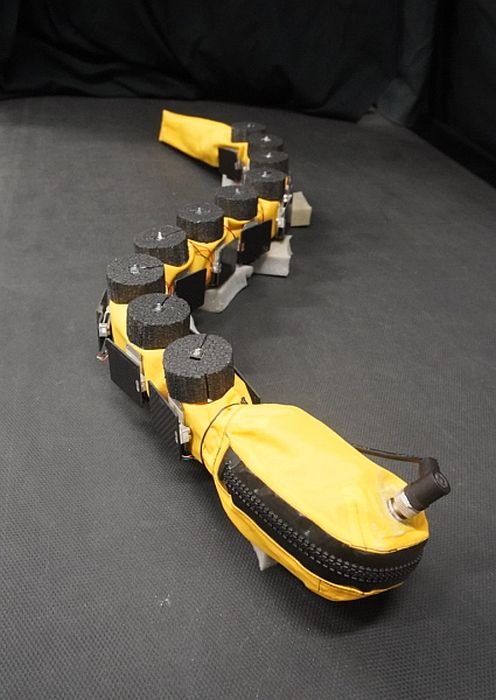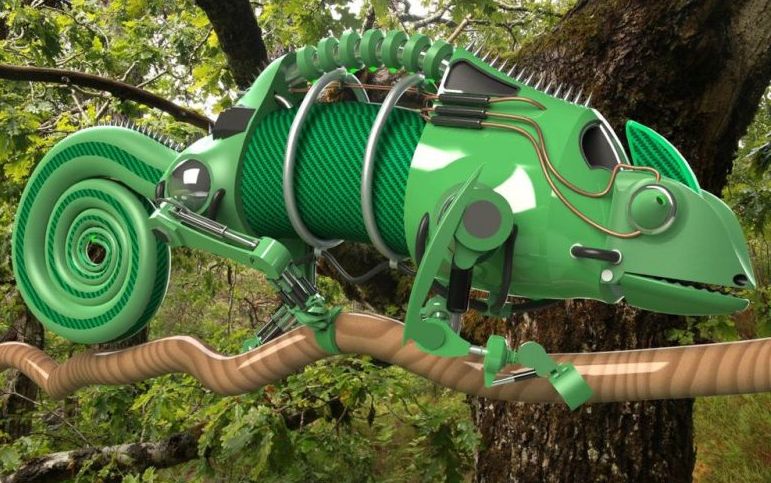Takashi Ozaki is the frontier research leader at Beyond-X Research Domain, Toyota Central R&D Labs. Inc. Japan. He completed his B.E. and M.E. from Kyoto University. His area of research fields includes – bioinspired actuators and robotics, micro electromechanical systems and microfabrication processes.
Read MoreTag: innovation
Perovskite Solar Cell Shows Long Stability: Photovoltaic Tech
Perovskite is an emerging name in the new generation of solar modules. Due to its super power conversion efficiency, it is extensively studied by researchers in photovoltaic technologies.
Read MoreWireless RF Powered Insect Scale Aerial Vehicle: Miniature UAV
Researchers at Toyota Central R&D Labs have developed a wireless radiofrequency power based tiny aerial robot.
Read MoreSurface Optics & Neural Based Processing: MetaOptics
An international team of researchers at Princeton University and the University of Washington has developed a micro-sized camera to the size of a salt grain.
Read MoreBiofuel to Produce Locally on Mars: Martian Exploration
What if we are able to produce fuel directly on Mars? Explorers would then be able to stay on the red planet a li’l longer and return journey will then be easier relatively. Shipping the propellant and oxygen for a return journey from Mars would cost billions of dollars. To make things easier, researchers have developed a concept for local rocket fuel production with algae and E.coli.
Read MoreMagnetic Tunnel Surrounds Our Solar System: Galactic Bodies
Radio astronomy is very fascinating since it shows the “other side” of reality which we do not witness in our everyday life. Of course, due to our own limitations. Dr. Jennifer West, an astrophysicist at the Dunlap Institute for Astronomy & Astrophysics suggests that a gigantic magnetic tunnel surrounds our solar system. This magnetic flux can be observed in radio waves.
Read MoreInterview: Dr Nadac Reales, a Biotechnology Research Scientist at University of Antofagasta, Chile
Dr Nadac Reales is Deputy Director of Innovator Services at University of Antofagasta, Chile. Additionally, she is running her own firm, the Rudanac Biotec Lab. Aim of her lab is to provide biotechnological solutions to real world problems.
Read MoreInterview: Dr Benjamin Pope, an Astrophysicist at The University of Queensland, Brisbane
Dr Benjamin Pope is a physicist and data scientist at The University of Queensland, Brisbane. He is working to find planets around other stars using NASA space telescopes. With the help of leading-edge machine-learning algorithms, he is trying to dig up tiny signals out of the noise to expand our knowledge of the universe.
Read MoreFormation of Single Unit by Collision of Multiple Grains: Resurrecting Quasicrystals
Quasicrystal is a form of matter with an unusual arrangement of atoms. Although it’s called a “crystal” but it lacks symmetry. Unlike crystals, pattern within the quasicrystal does not repeat itself. They were first discovered in 1980s and since then the possible atomic arrangements violated the rules that fall under the category of crystals, that is, the materials could have only two-, three-, four- or six-fold symmetry.
Read MoreMetal Eating Bacteria to Clean Up Metallic Waste: Green Mining
A starving being can eat everything and anything and within minutes. While in the character of 19th-century trapper, Leonardo DiCaprio, a starving man in The Revenant eats raw bison liver. Survival instinct is what keeps the living beings away from extinction coz of hunger and this can be seen in microorganisms as well.
Read MoreBiomimicry: LEONARDO, the Bipedal Robot can Walk and Fly
Nature not only inspire poets, artists, painters but also engineers. In an attempt to simulate the locomotion of birds, researchers at Caltech have developed a bipedal robot that has a movement that is between walking and flying.
Read MoreNanoscale Thermal Transport: To Prevent Overheating in Electronics
Nano world is full of mysterious features such as uncertainty principle, probabilities and wave function. It’s been at the beginning of quantum mechanics that researchers are working unceasingly to understand the perplexing phenomenon of the nano realm. Unlike the macro world, events at the nano scale are beyond the comprehension of physicists. One such problem is why some uber small heat sources cool down faster if they are packed too close.
Read MoreSwimming is Dynamics of Two Nervous System: AgnathaX
Starting in the early 1900s, one of the problems that baffled neuroscientists worldwide was the role of central and peripheral nervous systems in swimming locomotion. In other words, how swimming locomotion is generated and how vertebrates synchronize the rhythm that is required for the locomotion.
Read MoreChameleon Inspired Next-Generation Artificial Camouflage: Biomimicry
To depict natural camouflage characteristics via artificial camouflage at device level has remained a challenge since decades. However, researchers at Seoul National University have developed an artificial camouflage that can adapt and blend with its surroundings. A defense strategy as seen in the case of chameleon that changes its appearance to avoid predators.
Read More256 Qubit Programmable Quantum Simulator: Computing Revolution
An international team of researchers from the Harvard-MIT Center for Ultracold Atoms and other universities has created a programmable quantum simulator. The newly developed quantum computer operates on 256 quantum bits unlike its predecessor, which was on 51 qubits.
Read More

